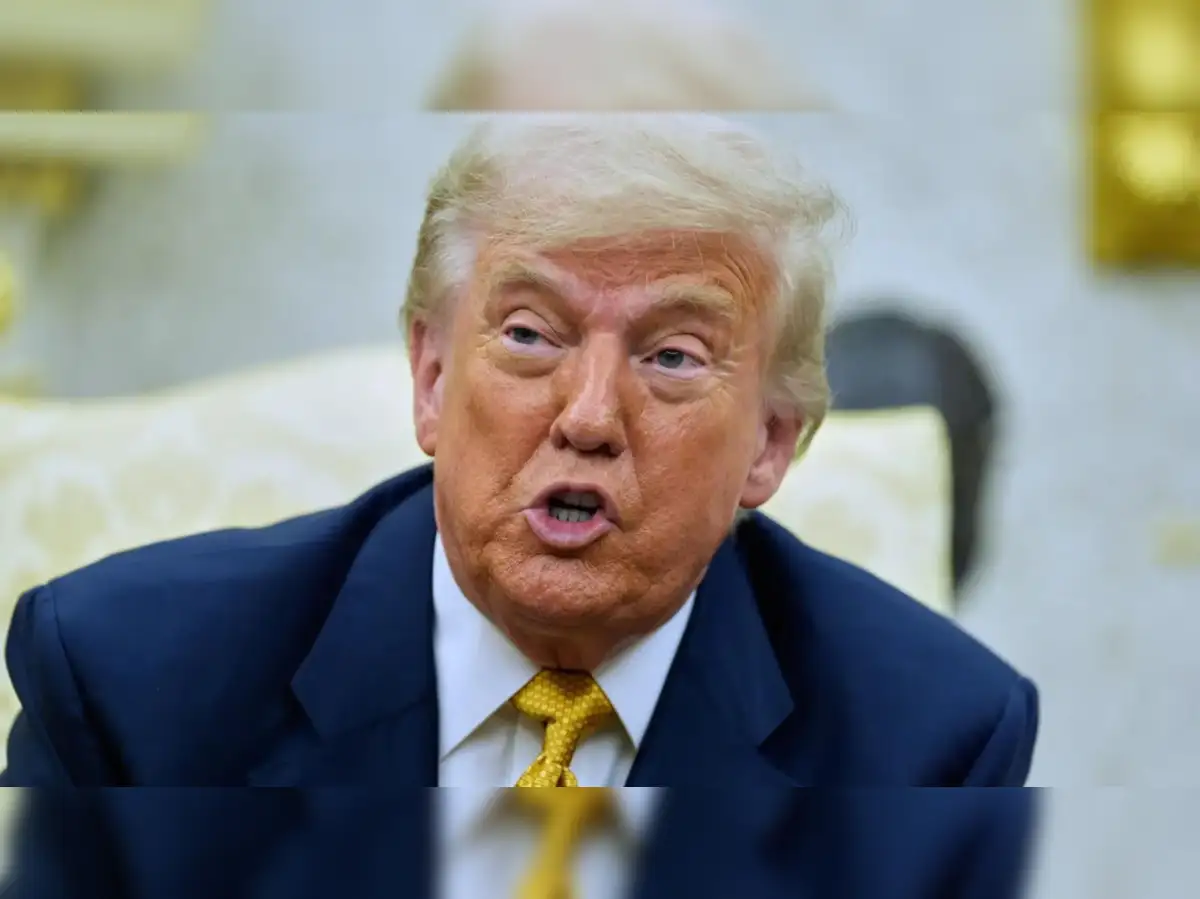

During an address at the AI Summit in Washington on Wednesday, President Donald Trump criticized American tech companies for what he described as prioritizing "radical globalism" over American interests. He specifically called out the practice of building factories in China and hiring workers in India, asserting that these companies have reaped the benefits of American freedoms while simultaneously undermining the American workforce. Trump declared that these practices would end under his administration.
Trump stated, "Many of our largest tech companies have reaped the blessings of American freedom while building their factories in China, hiring workers in India, and slashing profits in Ireland... All the while dismissing and even censoring their fellow citizens right here at home. Under President Trump, those days are over". He emphasized that winning the AI race would require "a new spirit of patriotism and national loyalty in Silicon Valley and long beyond Silicon Valley". He directly appealed to US technology companies, urging them to "be all in for America" and "put America first".
This stance reflects a broader economic nationalist agenda that Trump has pursued, marked by protective tariffs, deregulation, and an emphasis on domestic manufacturing. In his first term, Trump implemented trade protectionist measures, primarily targeting imports from China. Now in his second term, he has already enacted universal tariffs on nearly every country, with even higher rates on specific nations. These tariffs, while intended to protect American industries, have faced criticism and sparked retaliatory measures from other countries, such as China.
The President's remarks came as he signed three executive orders related to Artificial Intelligence, signaling his administration's focus on strengthening the United States' position in the global AI race. These orders include a White House action plan for AI development and measures to promote the export of American AI technology. Trump's administration aims to loosen environmental regulations and vastly expand AI exports to allies in an attempt to maintain American dominance over China in this critical technology sector.
Trump's policies have already had significant economic consequences, including increased consumer prices due to tariffs. Economists have expressed concerns that these policies could negatively impact both the US and global economies in the short and long term. Increased tariffs could drive up prices on everyday items, including groceries, cars, and construction materials. Changes to corporate tax rates and manufacturing incentives may shift which sectors lead the market in the years ahead, including domestic manufacturing and energy. Immigration policy changes could significantly impact labor-intensive industries like agriculture, construction, and hospitality.
This is not the first time that Trump has spoken against American tech companies investing outside the country. In the past, he has suggested that companies like Apple would face tariffs if they manufactured their products overseas. His administration's actions suggest a continued commitment to reshaping international trade and encouraging domestic production, potentially leading to significant shifts in the global economic landscape.